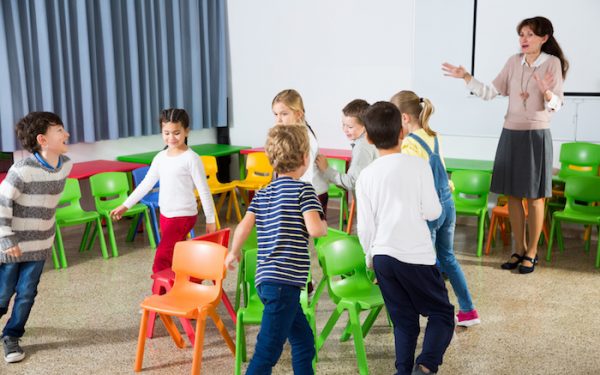Spyfall is a social deduction game for kids that combines strategy, bluffing, and creative thinking in a fun, fast-paced format. Ideal for game nights, parties, or classroom icebreakers, Spyfall challenges players to uncover the spy—or to hide their identity if they are the spy—using clever questions and sharp observation. With minimal setup and maximum engagement, it’s a perfect indoor game for ages 8 and up.
Whether you’re looking to spark conversation, test reasoning skills, or enjoy a good laugh, Spyfall delivers every time.
How to Play the Spyfall Game
This exciting guessing game keeps everyone on their toes. One player is secretly the spy, while the others share a common location—but no one knows who’s who. Through carefully crafted questions and answers, players must figure out who’s hiding something… and who’s just acting suspicious.
Game setup:
- Shuffle the Spyfall deck and deal one card to each player.
- Non-spies receive the same location (e.g., school, zoo, restaurant), while the spy receives only the word “SPY.”
- Keep a visible list of all possible locations so everyone—including the spy—knows the options.
Gameplay:
- Players take turns asking each other questions about the location (e.g., “What would you wear here?”).
- The goal for non-spies: subtly prove they know the location—without making it too easy for the spy to guess.
- The spy listens, blends in, and tries to deduce the location without being discovered.
- Players can accuse someone at any time, triggering a group vote.
Ending the round:
- The round ends when the timer runs out (typically 8 minutes), or if a player is accused and voted on.
- If the accused is the spy, the non-spies win.
- If the wrong person is accused—or if the spy guesses the correct location—they win instead!
Spyfall is fast, fun, and changes every round, making it endlessly replayable.
For a fast-thinking word challenge, try our Jumble Tumble game for kids—a fun mix of memory and deduction.
Game Sheet
Here’s a quick overview to help you prepare:
- Number of players: 6 or more
- Recommended age: From 8 years old
- Setting: Indoors
- Supplies needed: Spyfall card deck, timer, visible location list
- Game duration: Around 10 minutes per round
This game works beautifully in classrooms, camps, and birthday parties, and you can play as many rounds as you like for continuous fun.
Love mystery-solving games? Play our Whodunit detective game for kids—a clue-filled challenge full of twists and fun.
Fun Variants to Try
Looking to mix things up? Try these alternative ways to play:
- Multiple Spies: Add more than one spy in larger groups to increase complexity and confusion.
- Silent Mode: Play without speaking—use gestures or one-word answers only.
- Themed Locations: Customize your location cards around holidays, movies, or your party theme.
- Reverse Spyfall: Everyone sees a different location except one player, who must guess what the others have in common.
These simple twists allow you to replay Spyfall in fresh ways that keep players curious and challenged.
Want a twisty social game? Try our Killer Handshakes game for kids—a suspenseful party game full of mystery.
Why Kids Will Love This Game
Spyfall is more than just a mystery—it’s an opportunity to think, laugh, and play together. Kids love the challenge of blending in or catching a friend in a clever lie. The short rounds make it easy to replay, and the wide variety of locations adds endless variety.
Because the game is based on conversation and creativity, it’s also perfect for mixed-age groups or kids who enjoy storytelling, imagination, and logic games.
Love deduction and surprises? Browse our guessing games for kids—perfect for parties, classroom fun, or family play.
Educational Benefits of the Spyfall game
Beyond the suspense and social fun, Spyfall offers rich learning opportunities that support cognitive and emotional development:
- Builds critical thinking and deduction skills through question analysis and reasoning
- Boosts communication and public speaking as kids express ideas and observations
- Strengthens memory and attention to detail by tracking clues and behavior
- Enhances social awareness and emotional intelligence by reading tone and subtle cues
- Encourages strategic thinking through bluffing, timing, and question crafting
- Develops teamwork and cooperation among non-spies working toward a shared goal
- Promotes adaptability and creativity by requiring unique answers each round
Spyfall is a powerful way to support learning through play—all while keeping kids laughing and engaged.
Looking for printable mystery adventures? Explore our PDF treasure hunts and escape games for kids—ready-to-play kits for ages 4 to 12.






